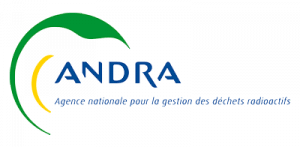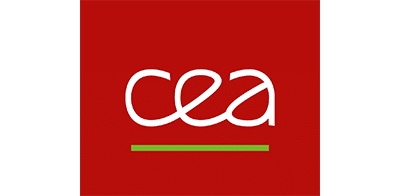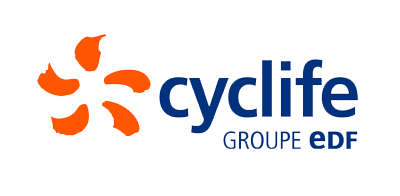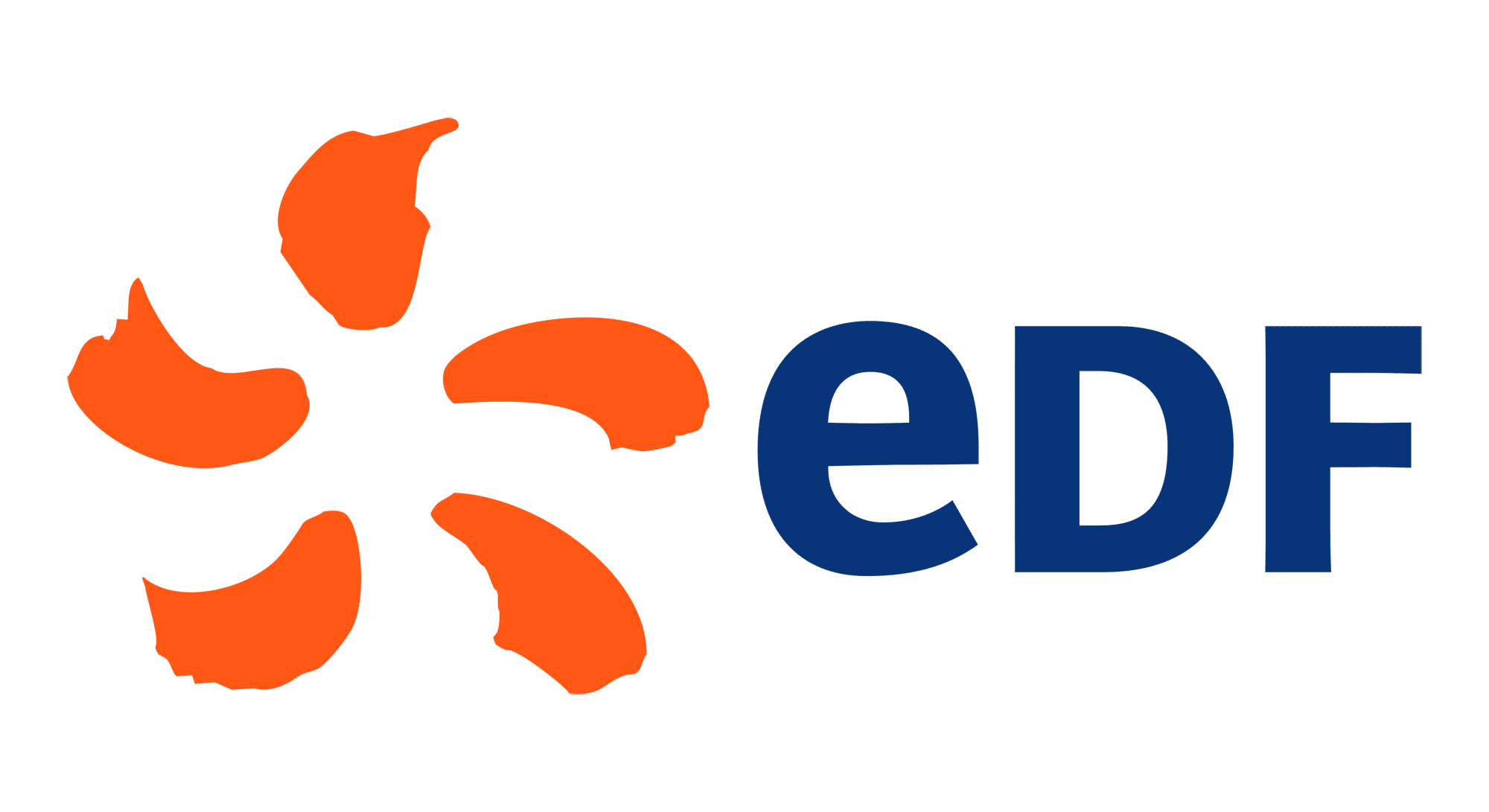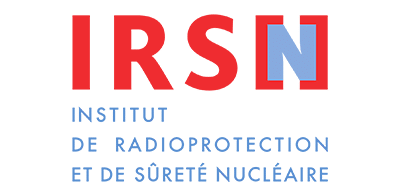ISSUES AND CHALLENGES OF THE SECTOR
The strengthening of industrial quality, the success of new nuclear prIn a world where the main energy challenge of the next 30 years is to halve CO2 emissions while doubling the demand for electrical energy (mobility, data centres, etc.), the nuclear candidate, with CO2 emissions per kWh four times lower than solar energy, appears to be an unavoidable ally in this very ambitious objective. Even if a balance is finally achieved by a downward review of our consumption, a better use of renewable energy and the integration of smart grid technologies, a very large share of nuclear power cannot be avoided to satisfy the equation. Considering that France has over 50 years of valuable expertise recognised worldwide, the sector could appear as a national asset. Projects and dismantling programmes as well as the implementation of solutions for the management of high-level and long-lived nuclear waste, but also the maintenance of skills and international de$*velopment, are the strategic challenges for the industry in the coming years.
ELECTRICITY PRODUCTION AND CO2 EMISSIONS, SOME BENCHMARKS :
France
ATRIX has mainly been involved in expertise, consultancy and project management assignments for the civil and military nuclear sector since 1995. The projects entrusted to us are part of the new works, renovation, operating support, clean-up and dismantling phases. The group has all the skills, authorisations and certifications required to integrate into its design processes the imperatives linked to nuclear safety and the results of the risk analyses essential to the nuclearisation of equipment, the definition of associated utilities and the buildings that house them. Through its history of intervention and its process of capitalising on experience, ATRIX has organised its offer around specific product lines of the sector:
Reactors,
Laboratories and plants,
Treatment, storage and disposal of nuclear waste,
Remediation and dismantling,
Transport of nuclear material,
Support facilities.
In each of these areas, the group has specific skills and experts who are in constant contact with their counterparts at our clients' sites.
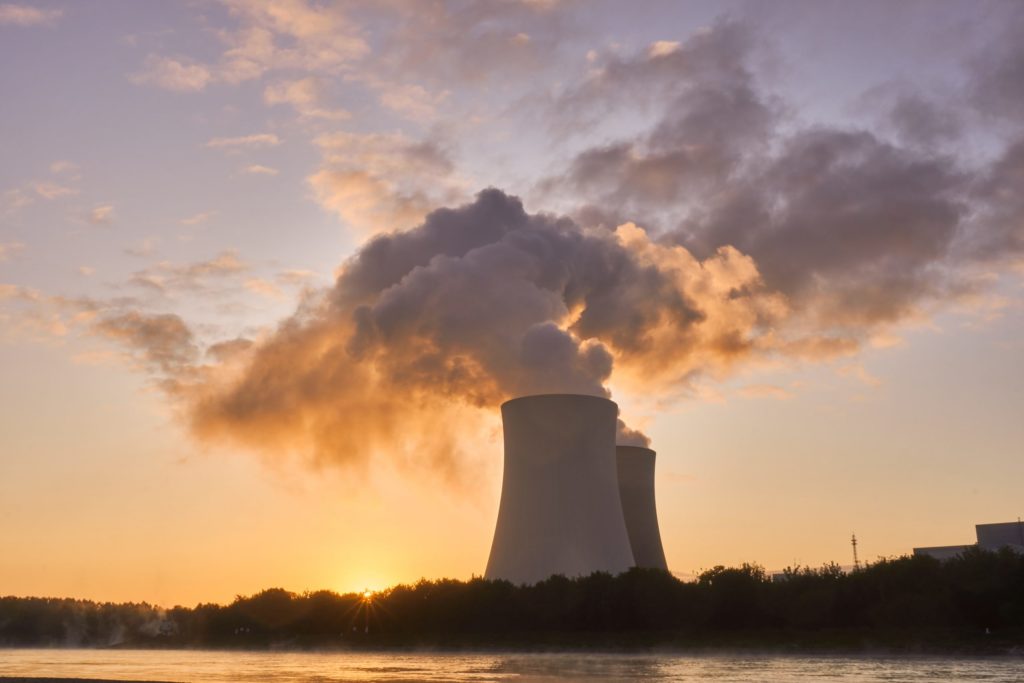
With the support of all the group’s expertise, our architects and project engineers manage our project management, project management assistance or engineering operations integrated into design and construction contracts. ATRIX is thus able to commit to results objectives in terms of performance, costs and schedules.
Through its business divisions, ATRIX offers a complete range of consulting and expertise adapted to the nuclear sector. The interventions are part of framework contracts or specific missions, the conclusions of which provide the necessary insights for the arbitrations that the prescribers of the ATRIX group wish to carry out.
